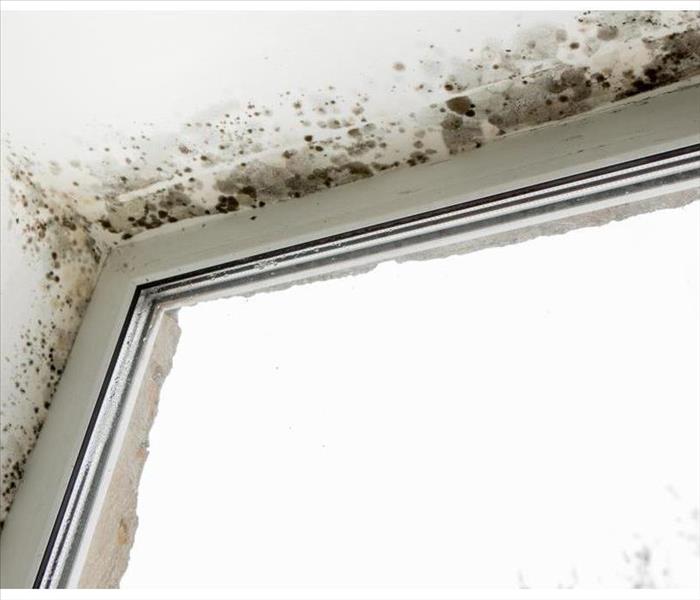Mold Prevention Tips
9/23/2020 (Permalink)
- Keep humidity levels as low as you can—no higher than 50%–all day long. An air conditioner or dehumidifier will help you keep the level low. Bear in mind that humidity levels change over the course of a day with changes in the moisture in the air and the air temperature, so you will need to check the humidity levels more than once a day.
- Be sure your home has enough ventilation. Use exhaust fans which vent outside your home in the kitchen and bathroom. Make sure your clothes dryer vents outside your home.
- Fix any leaks in your home’s roof, walls, or plumbing so mold does not have moisture to grow.
- Clean up and dry out your home thoroughly and quickly (within 24–48 hours) after flooding.
- Add mold inhibitors to paints before painting.
- Clean bathrooms with mold-killing products.
- Remove or replace carpets and upholstery that have been soaked and cannot be dried promptly. Consider not using carpet in rooms or areas like bathrooms or basements that may have a lot of moisture.
- To learn more about preventing mold in your home, see the Environmental Protection Agency’s publication A Brief Guide to Mold, Moisture, and Your Home
Content source: National Center for Environmental Health






 24/7 Emergency Service
24/7 Emergency Service
